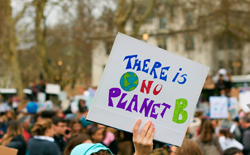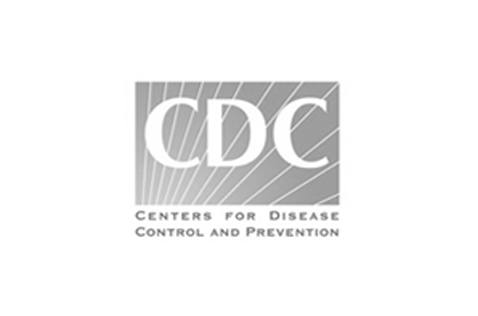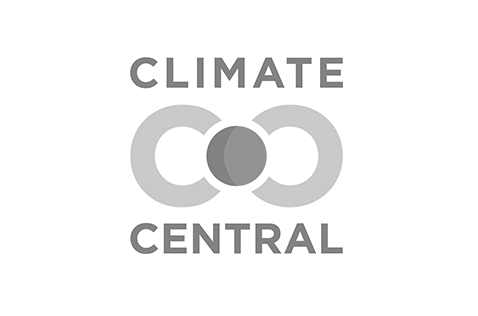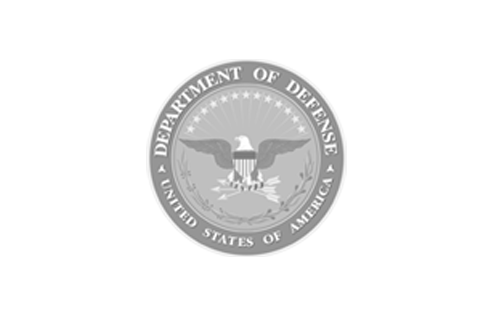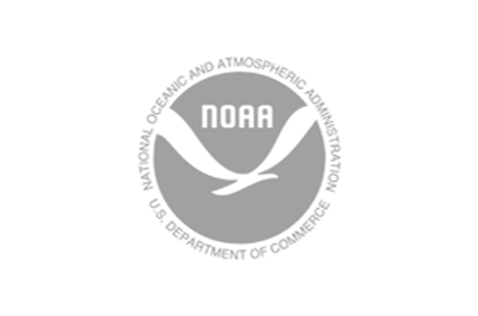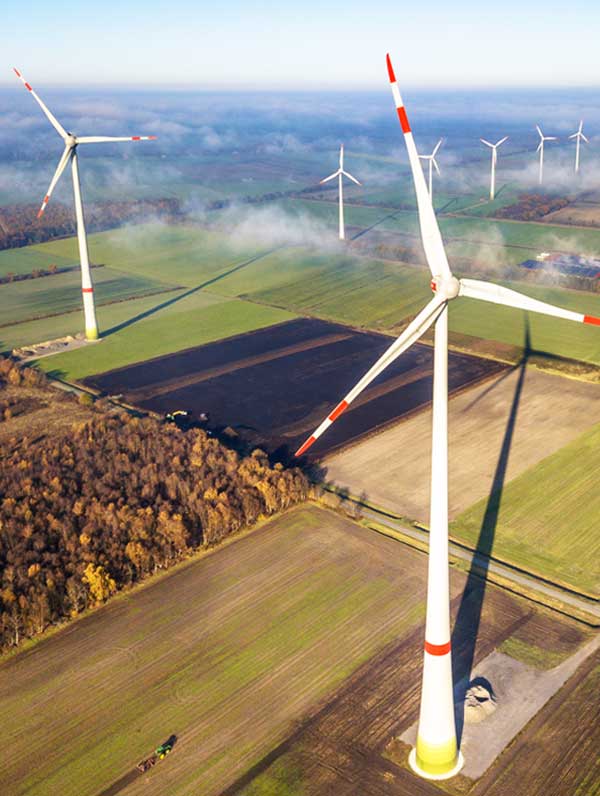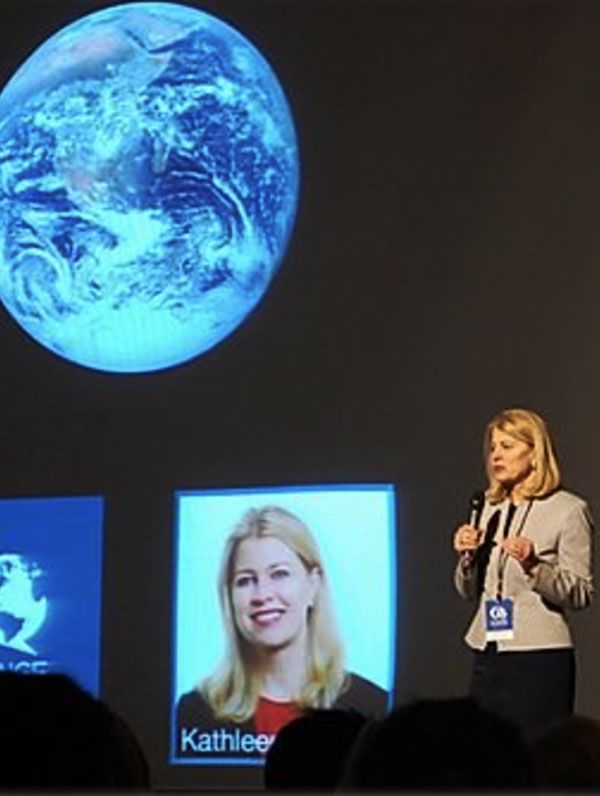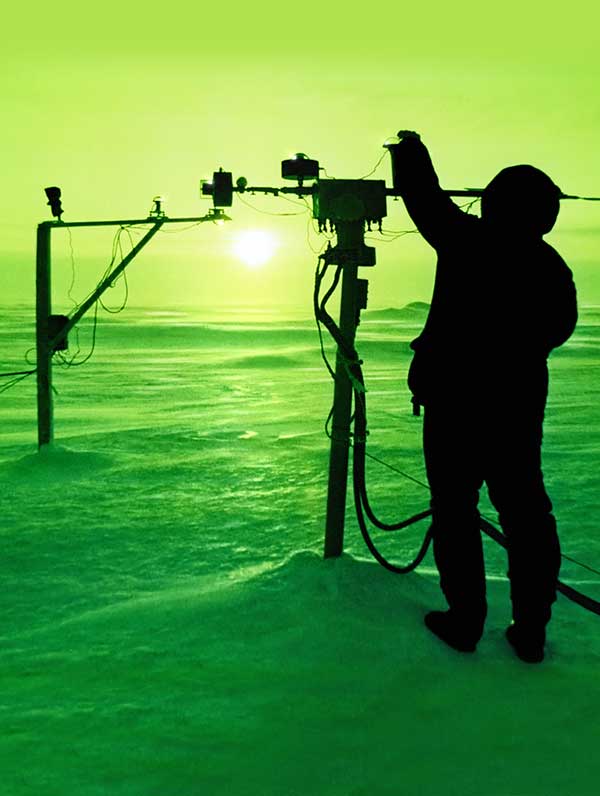
A snapshot of our science
While the majority of Americans across party lines recognize climate change is happening, many do not understand how it will impact them directly and why there is urgency to address it. To help all of us understand why this is such an important issue, our nonpartisan program provides scientifically grounded answers to the questions many of us have about climate change. Here’s a preview of the science section of our Climate Primer and those questions!
How do we know climate change is real?
Indicators: Glaciers Melting and Retreating
Unlocking the Past
Indicators: Rising Seas
How do we know climate change is caused by humans?
Scientists studying atmospheric chemistry can identify carbon from different sources, including plants – the basis of fossil fuels. As carbon dioxide concentrations in our atmoshere have increased sine the industrial period, the amount of carbon from plants has climbed disproportionately. Only the burning of fossil fuels accounts for this shift.
What is the scientific consensus?
“The scientific understanding of climate change is now sufficiently clear to justify nations taking prompt action.”
Joint statement from the national academies in France, Italy, Canada, UK, Germany, Japan, USA, China, India, Brazil, and Russia in 2005
Trusted experts
What are the dangers?
The 3 things Americans say are most important when they vote are: jobs and the economy, health and personal security, and geopolitical stability as experienced by refugee crisis, civil chaos, and terrorism. See the effects climate change.


-NASA


-NASA

-EPA
Is there hope?
Yes! Here are a few reasons why:
The economic equation has changed. The difficulty and cost of transitioning to cleaner technologies have come down from what they were 10 years ago, so we can look at the economic equation very differently. Studies show the U.S. could reach net-zero by 2050 with no significant increase in costs.
Financial institutions and businesses are demanding and driving climate action. The Federal Reserve called climate change a threat to the stability of our financial system. Leading investor Larry Fink said, “climate risk is investment risk” and is pressuring companies to take climate action.
There is great power in nature to regenerate. Large-scale protection, restoration, and better land-management practices can help stabilize climate change, pulling almost a third of excess carbon dioxide out of the atmosphere.
Other countries are leading. 145 countries have set or are considering net-zero targets, covering almost 90% of the world's greenhouse gas emissions.
New technology is on the horizon. New technologies that reduce, capture, or repurpose greenhouse gas emissions or replace fossil fuel energy will cause a greater tech revolution than telecom in the 90s.
The U.S. is less divided on this issue than we think. Americans as a whole are no longer divided on this issue, with policymakers from both sides of the aisle finding the political will to find common ground.
Stay Connected
Get the latest news on climate change and what inspires us delivered to your inbox.


